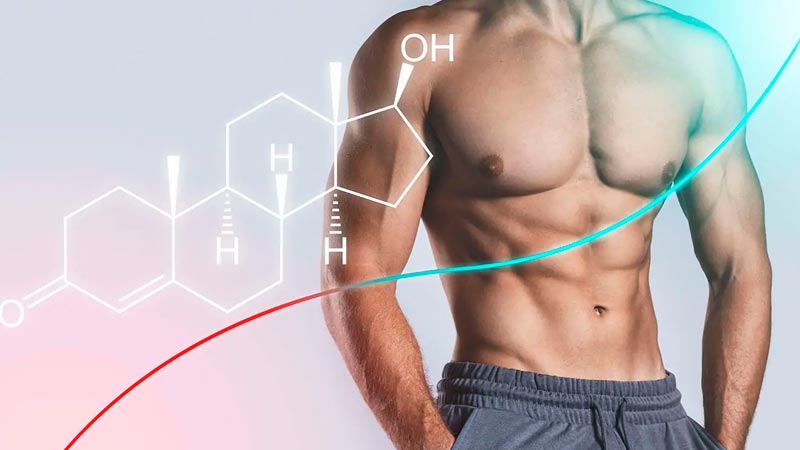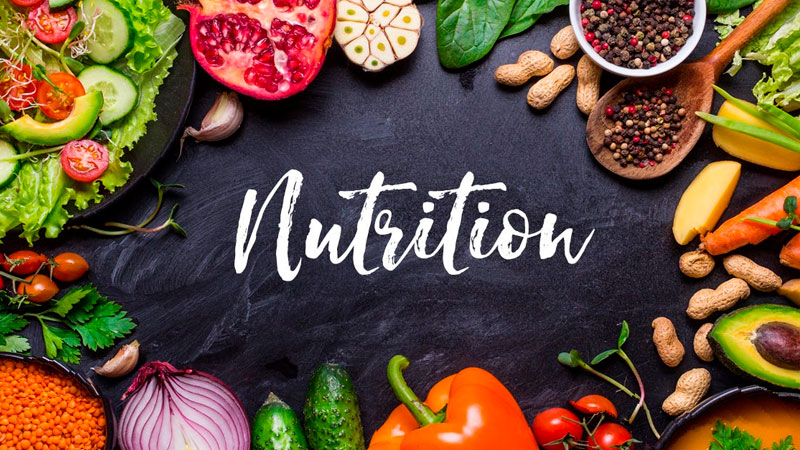Testosterone is a crucial hormone for the development and maintenance of male sexual characteristics, and it also plays a vital role in overall health.
Table of Contents
However, some foods can influence testosterone levels, leading to a decrease in the production of this hormone. It is important to be aware of these foods and consume them in moderation to maintain a healthy hormonal balance.
Certain foods have been found to lower testosterone levels in men and women. Testosterone is a hormone that plays a vital role in the development of male reproductive tissues and secondary sexual characteristics, such as muscle mass and body hair.
In women, testosterone helps to regulate menstrual cycles and maintain bone density. However, excess testosterone can lead to negative side effects such as acne, hair loss, and infertility.
Studies have shown that foods high in soy, such as tofu and edamame, can lower testosterone levels in men. Soy contains phytoestrogens, which are plant-based compounds that mimic the effects of estrogen in the body. Consuming large amounts of soy can lead to a decrease in testosterone levels and an increase in estrogen levels, which can have negative effects on overall health.
Other foods that may lower testosterone levels include mint, licorice, and spearmint. These herbs contain compounds that have been shown to reduce testosterone levels in animal studies. While more research is needed to determine the effects of these herbs on humans, it may be wise to limit their consumption if you are concerned about your testosterone levels.
In this article, we will explore some of the foods that have been associated with reducing testosterone levels.
What is Testosterone?
Testosterone is a hormone that plays a crucial role in the development of male sexual characteristics such as muscle mass, body hair, and a deep voice. However, testosterone is also present in females, albeit in smaller amounts. Testosterone levels in both men and women can be affected by various factors such as age, genetics, and lifestyle choices.
Testosterone production is primarily regulated by the hypothalamus and pituitary gland in the brain. The hypothalamus produces gonadotropin-releasing hormone (GnRH), which stimulates the pituitary gland to release luteinizing hormone (LH) and follicle-stimulating hormone (FSH). LH then signals the testes in men and ovaries in women to produce testosterone.
Low testosterone levels can cause a range of symptoms such as decreased libido, fatigue, and loss of muscle mass. On the other hand, high testosterone levels can lead to acne, hair loss, and an increased risk of prostate cancer.
Various foods have been shown to affect testosterone levels. Some foods can increase testosterone levels, while others can lower them. It is essential to maintain a balanced diet to support healthy testosterone levels.
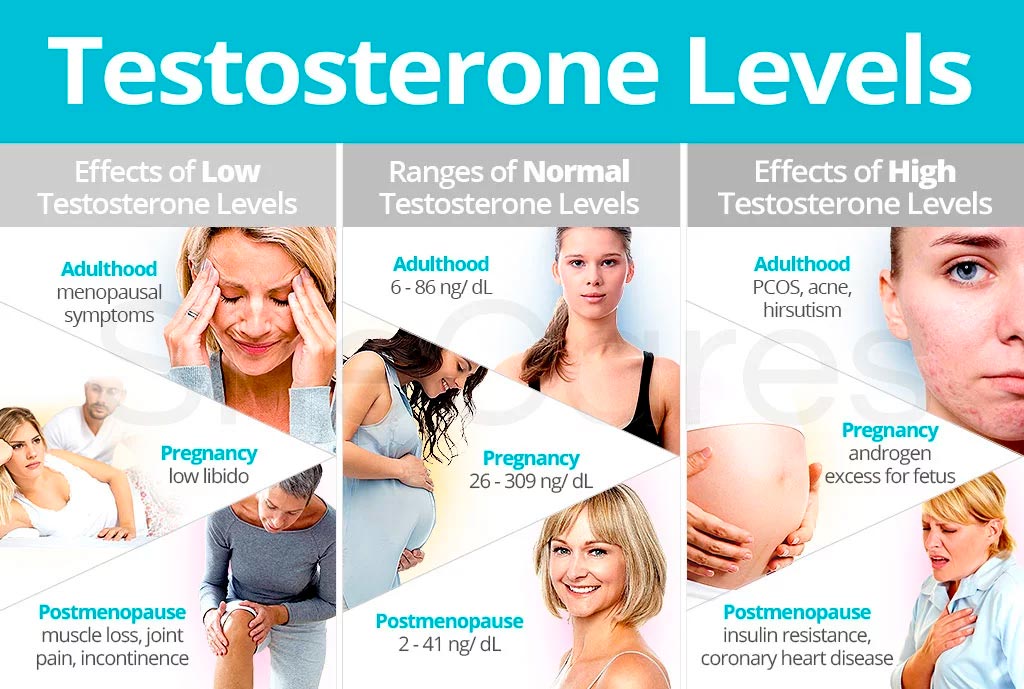
Role of Diet in Testosterone Levels
Testosterone is an important hormone in both men and women, playing a crucial role in muscle growth, bone density, and overall health. Diet can have a significant impact on testosterone levels, with certain foods being known to lower testosterone production.
One of the main ways that diet can affect testosterone levels is through the intake of phytoestrogens. These are compounds found in some plant-based foods that mimic the effects of estrogen in the body. While estrogen is important in women, it can have a negative impact on testosterone levels in men. Foods high in phytoestrogens include soy products, flaxseed, and some types of beans.
Another way that diet can affect testosterone levels is through the intake of sugar and processed foods. These types of foods can lead to insulin resistance, which in turn can lower testosterone levels. In addition, excess sugar intake can lead to weight gain, which is also associated with lower testosterone levels.
On the other hand, a diet rich in protein, healthy fats, and micronutrients can help to support healthy testosterone levels. Foods high in zinc, such as oysters, beef, and pumpkin seeds, have been shown to increase testosterone levels. Other foods that may help to support healthy testosterone levels include eggs, avocados, and dark leafy greens.
Overall, diet can play a significant role in testosterone levels, with certain foods being known to lower or support healthy testosterone production. By making smart dietary choices, individuals can help to support healthy testosterone levels and overall health.
List of Foods That Lower Testosterone
1. Soy and Soy-Based Products
Soy and soy-based products contain phytoestrogens, which are compounds that mimic the effects of estrogen in the body. This can lead to a decrease in testosterone levels, particularly in men. Soy and soy-based products include tofu, soy milk, and edamame.
2. Mint
Mint has been shown to decrease testosterone levels in both men and women. This effect is thought to be due to the presence of compounds called flavonoids, which have estrogen-like effects in the body. Mint can be found in a variety of products, including tea, chewing gum, and candy.
3. Licorice Root
Licorice root contains a compound called glycyrrhizin, which can inhibit the enzyme that converts testosterone to its active form. This can lead to a decrease in testosterone levels. Licorice root is often used as a flavoring in candy and other sweets.
4. Flaxseed
Flaxseed contains lignans, which are compounds that have estrogen-like effects in the body. Consuming high amounts of flaxseed can lead to a decrease in testosterone levels. Flaxseed can be found in a variety of products, including bread, cereal, and crackers.
5. Processed Foods
Processed foods are often high in sugar, salt, and unhealthy fats. Consuming a diet high in processed foods has been linked to a decrease in testosterone levels. Processed foods include items such as fast food, frozen dinners, and snack foods.
6. Alcohol
Consuming alcohol can lead to a decrease in testosterone levels. This effect is thought to be due to the fact that alcohol can damage the cells in the testes that produce testosterone. It is recommended to limit alcohol consumption to maintain healthy testosterone levels.
Note: It is important to remember that while these foods may have an impact on testosterone levels, it is unlikely that consuming them in moderation will have a significant effect. Additionally, other factors such as genetics, age, and overall health can also play a role in testosterone levels.
How to Balance Testosterone Levels Through Diet
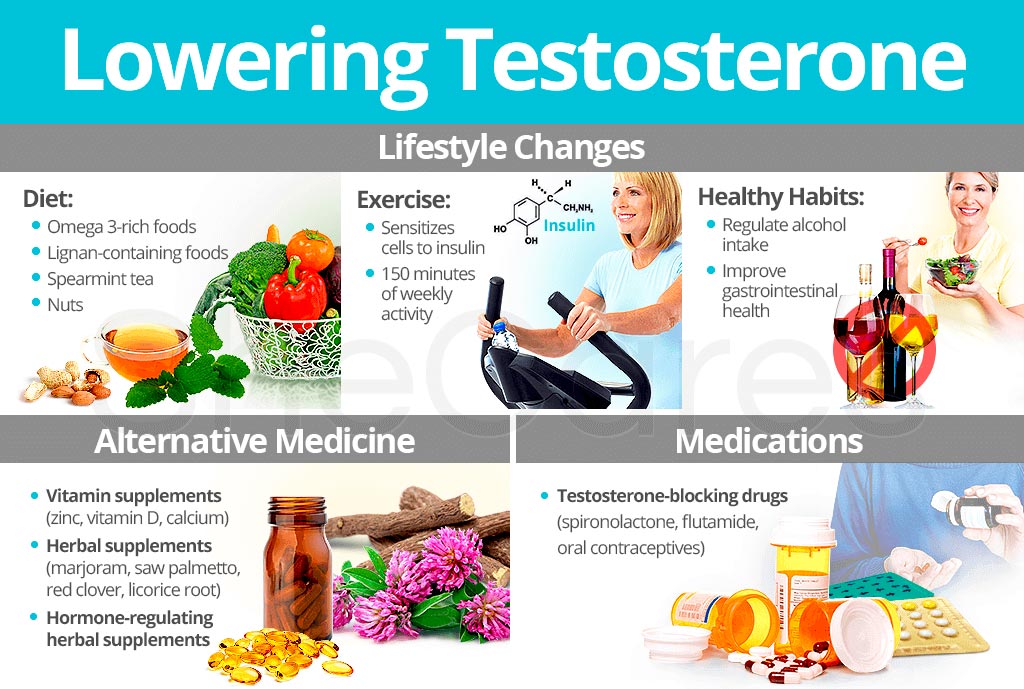
Testosterone is an essential hormone that plays a vital role in the development of male reproductive tissues and secondary sexual characteristics. However, certain foods can lower testosterone levels, leading to a variety of health problems. In this section, we will explore some dietary changes that can help balance testosterone levels.
Eat More Cruciferous Vegetables
Cruciferous vegetables, such as broccoli, cauliflower, and kale, contain compounds that can help balance hormone levels. These vegetables contain a substance called indole-3-carbinol, which can help reduce estrogen levels and increase testosterone levels. Eating more cruciferous vegetables can help prevent the conversion of testosterone to estrogen, leading to higher testosterone levels.
Increase Zinc Intake
Zinc is an essential mineral that plays a crucial role in testosterone production. Zinc deficiency can lead to lower testosterone levels, so it's essential to include zinc-rich foods in your diet. Foods high in zinc include oysters, beef, chicken, and nuts. Adding these foods to your diet can help increase testosterone levels.
Avoid High-Sugar Foods
High-sugar foods, such as candy, soda, and baked goods, can cause a spike in insulin levels. High insulin levels can lead to lower testosterone levels, so it's essential to avoid high-sugar foods. Instead, opt for low-sugar alternatives, such as fruits and vegetables.
Consume Healthy Fats
Healthy fats, such as those found in avocados, nuts, and olive oil, can help increase testosterone levels. These fats are essential for hormone production and can help balance hormone levels. Including healthy fats in your diet can help maintain healthy testosterone levels.
Limit Alcohol Consumption
Excessive alcohol consumption can lead to lower testosterone levels. Alcohol can interfere with testosterone production and can also increase estrogen levels. Limiting alcohol consumption can help maintain healthy testosterone levels.
Summary
In summary, balancing testosterone levels through diet involves eating more cruciferous vegetables, increasing zinc intake, avoiding high-sugar foods, consuming healthy fats, and limiting alcohol consumption. Making these dietary changes can help maintain healthy testosterone levels and prevent a variety of health problems.
Impact of Lower Testosterone Levels
When testosterone levels are lower than normal, it can have a significant impact on the body and overall health. Here are some of the potential effects of low testosterone levels:
-
Reduced muscle mass and strength: Testosterone plays a crucial role in building and maintaining muscle mass. Lower levels of testosterone can result in decreased muscle mass and strength.
-
Increased body fat: Testosterone also helps regulate fat distribution in the body. Lower levels of testosterone can lead to an increase in body fat, particularly in the abdominal area.
-
Decreased bone density: Testosterone is important for maintaining healthy bones. Lower levels of testosterone can lead to a decrease in bone density, which can increase the risk of fractures and osteoporosis.
-
Mood changes: Testosterone can affect mood and emotional well-being. Lower levels of testosterone can lead to increased feelings of depression, anxiety, and irritability.
-
Sexual dysfunction: Testosterone is essential for sexual function in both men and women. Lower levels of testosterone can lead to decreased libido, erectile dysfunction, and other sexual problems.
It is important to note that these effects can vary depending on the individual and the severity of the testosterone deficiency. If you suspect you have low testosterone levels, it is important to speak with a healthcare professional for proper diagnosis and treatment.
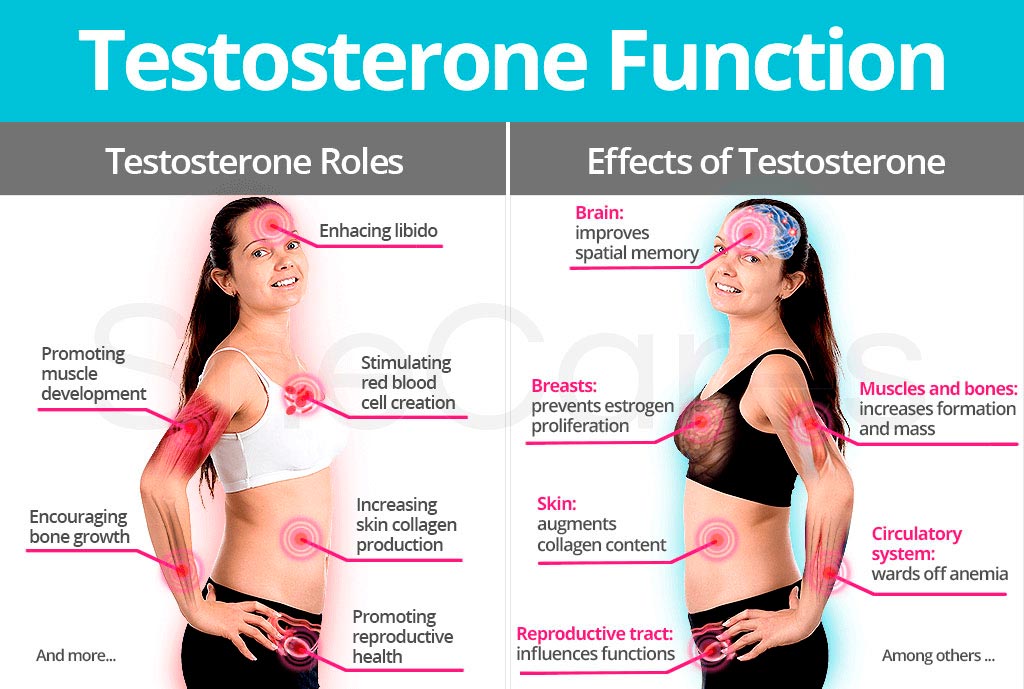
Conclusion
In conclusion, it is important to be mindful of the foods one consumes when it comes to testosterone levels. Incorporating foods that lower testosterone into one's diet can lead to a decrease in the hormone's production, potentially causing negative effects on the body.
While some of the foods mentioned in this article, such as soy products and flaxseeds, have been shown to have a mild effect on testosterone levels, it is important to note that the impact may not be significant enough to cause harm. Additionally, many of these foods have other health benefits and should not be avoided entirely.
It is also important to consider the individual's overall diet and lifestyle when it comes to testosterone levels. Eating a balanced diet and engaging in regular exercise can help maintain healthy hormone levels.
Overall, it is recommended to consume foods in moderation and to consult with a healthcare professional if there are concerns about testosterone levels.
Eat well, live better!
